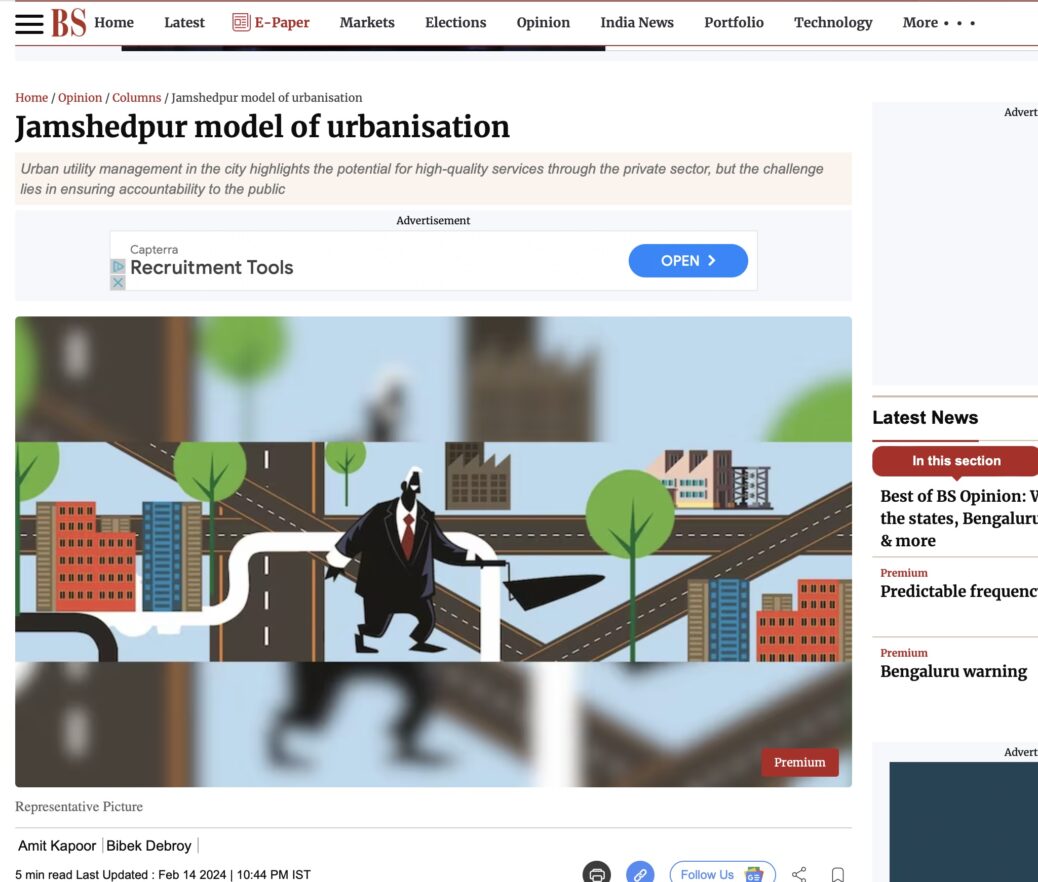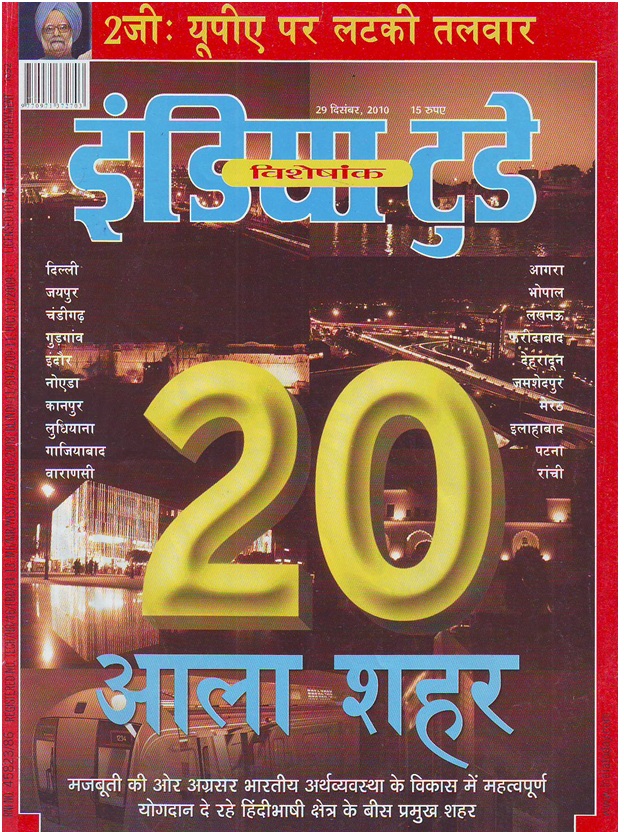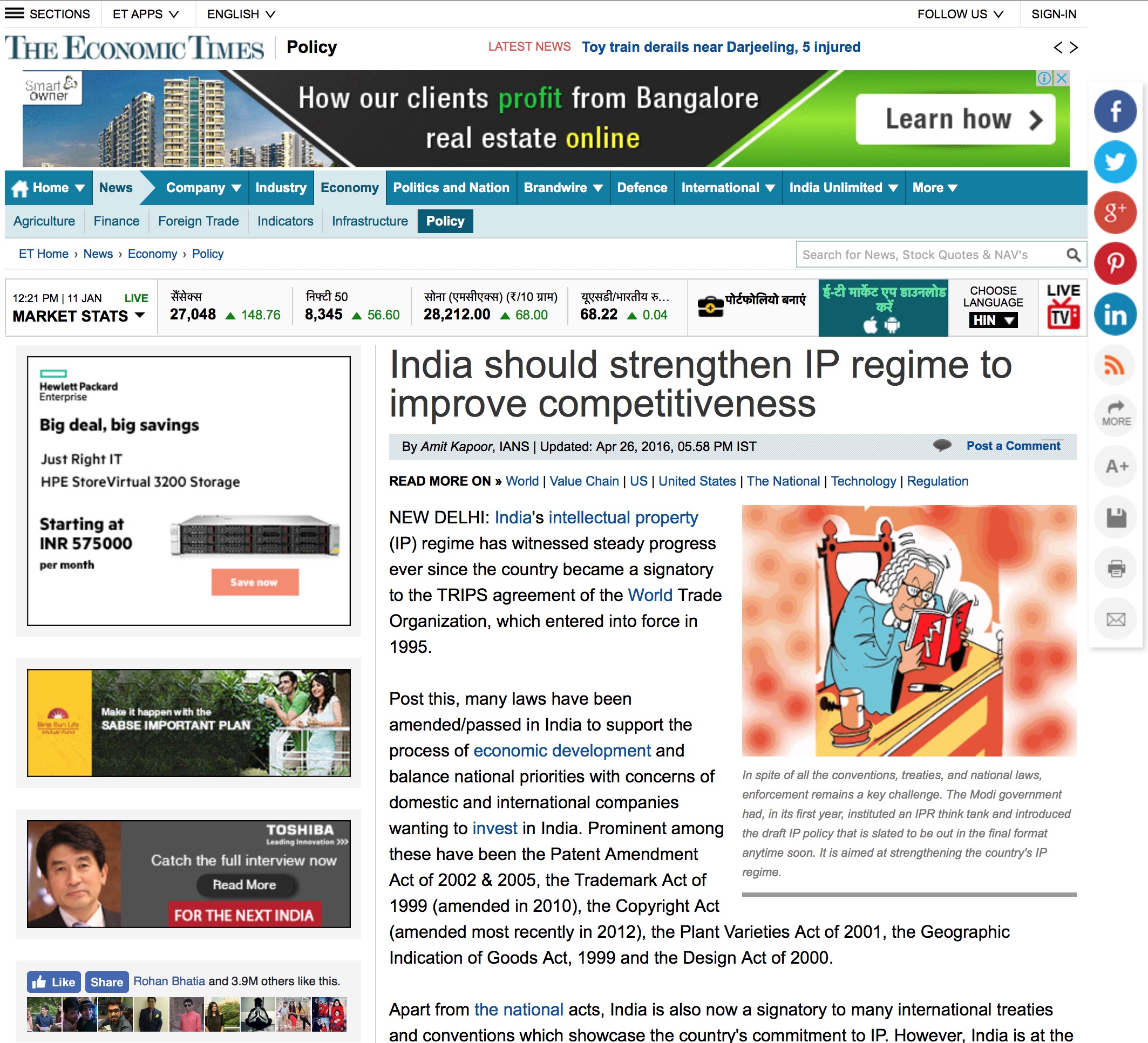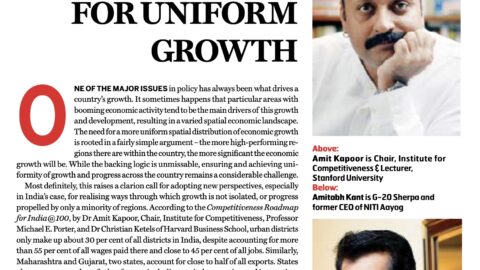In the heart of Jharkhand, nestled amidst the lush greenery and enriched with the bounty of nature, lies Jamshedpur, a city that stands as a testament to India’s industrial ingenuity and urban planning. Founded by the visionary industrialist Jamsetji Nusserwanji Tata in 1907, Jamshedpur, or Tatanagar, as it is affectionately known, was conceived with the dream of establishing India’s first planned industrial city. Unlike the sudden and unplanned urban expansion that happened in many Indian cities, Jamshedpur’s genesis was rooted in sustainability and community welfare principles. The city’s development has always been intrinsically linked to the Tata Group, starting with the establishment of Tata Steel, Asia’s first integrated steel company. This industrial venture necessitated the creation of a city around it to accommodate the workforce, leading to one of the earliest examples of a corporate township. The city was designed with wide roads, plenty of green spaces, and residential areas close to the workplace, principles that modern urban planners advocate for today. In fact, the city’s growth has been marked by its ability to adapt and evolve. From the expansion of the steel industry to the diversification into other sectors such as manufacturing, services, and IT, Jamshedpur has continuously reinvented itself. This adaptability has been crucial to its sustained growth and relevance in the ever-changing economic landscape of India.
Despite the planning, Jamshedpur has not been immune to the challenges of urbanisation. Rapid industrial growth has brought with it issues like pollution, waste management, and water scarcity. The city, however, has tackled these problems head-on through innovative solutions and a commitment to sustainability. Tata Steel and other industries have adopted cutting-edge technologies to reduce emissions and have invested in water harvesting and recycling initiatives. The management of urban growth has been another challenge. The city has witnessed a population surge, which has put pressure on its infrastructure and resources. In response, the Jamshedpur Utilities and Services Company (JUSCO), a Tata enterprise, was established to manage civic amenities. Despite Tata’s deep involvement in a city named after its founder, some people resisted Tata’s growing presence in civic matters because the company mainly focused on areas where its employees resided and ignored other regions. To this end, a PIL was also filed against the Tata Group in 2018. People demanded that local bodies be set up which would be accountable to their people in place of a “private” city, to ensure that development is equitable in the region. At the same time, Jharkhand’s government couldn’t ignore what Tata had done for the entire region, nor was the company willing to relinquish control. A solution had to be sought, and it looked like the best approach was to have Jamshedpur turn into an industrial township as per special provisions of the Indian Constitution. This would mean a municipal council comprising Tata Steel representatives, government representatives, and local residents would be created. This model would significantly differ from earlier industrial townships with negligible local participation or representation, such as in Raurkela and Salem. Industrial towns are recognised as special economic areas that offer concessions in legislation and other incentives to private entities for the establishment of economic units, with the aim of facilitating commercial operations. An industrial town is characterised by a lack of economic diversification, with the majority of economic value being generated by one or a small number of interconnected industrial businesses.
What is happening in Jamshedpur opens up a debate on the entry of private actors into urban governance and ensuring democratic accountability. Even though the 74th Amendment Act ensures decentralisation of power to urban local governments, lack of devolution of power, instances of corruption and inadequate resources with the local bodies imply that these bodies are weak and often ineffective. In such a scenario, the entry of private players seems like an opportunity for competent management and effective governance.
Private sector engagement in urban governance is frequently praised for bringing efficiency, innovation, and investment into the public domain. In Jamshedpur, the Tata Group’s management of urban utilities through JUSCO exemplifies the potential for delivering high-quality services, ranging from water supply and waste management to street lighting and road maintenance. These models suggest that private actors, motivated by managerial efficiency and accountability to their stakeholders, can solve the persistent issues afflicting municipal governance in many Indian cities, such as inefficiencies, project delays, and poor maintenance of urban infrastructure. However, a challenge emerges when private entities, despite their proficiency and expertise, operate in areas critical to public welfare without being directly accountable to the public in the same way elected bodies are. Critics contend that this scenario can result in a governance model where decisions affecting community well-being are made behind corporate doors, potentially marginalising the needs and voices of less influential stakeholders.
To reconcile the advantages of private sector efficiency with the necessity for democratic governance, it is vital to establish comprehensive frameworks for accountability, transparency, and public participation. This involves defining the roles, responsibilities, and boundaries of private actors in urban governance to ensure they enhance rather than replace the functions of Urban Local Bodies (ULBs); implementing mechanisms for public oversight, such as citizen advisory boards, public audits, and open forums for feedback and grievances, to ensure that private entities act in the public interest; and developing partnership models that include ULBs in the decision-making process, ensuring that the expertise and efficiency of private actors are utilised without compromising the authority and accountability of elected bodies.
The article was published with Business Standard on February 14, 2024.
























